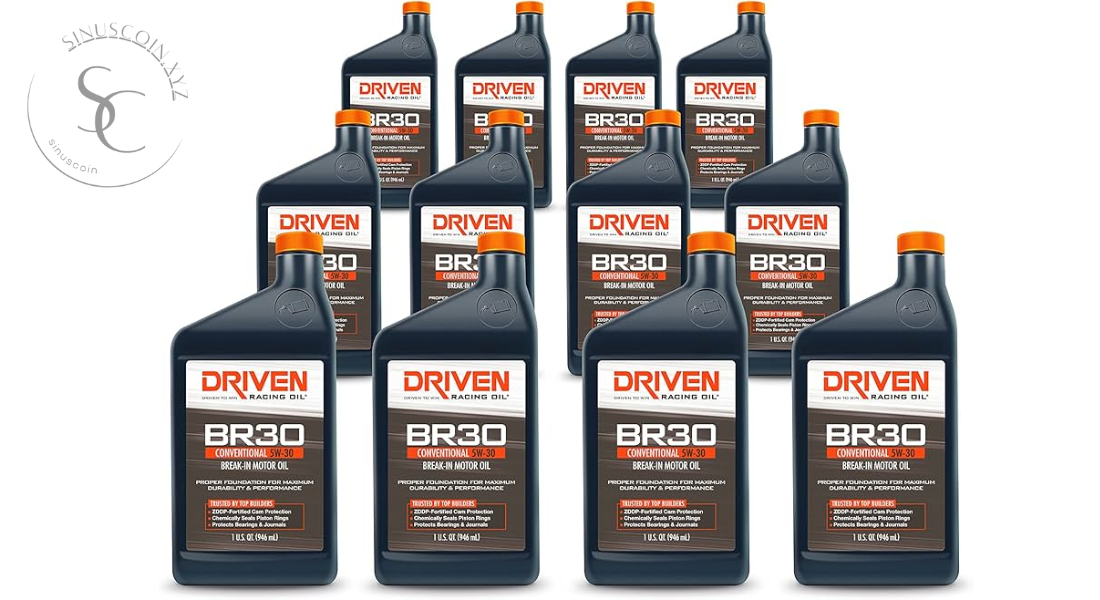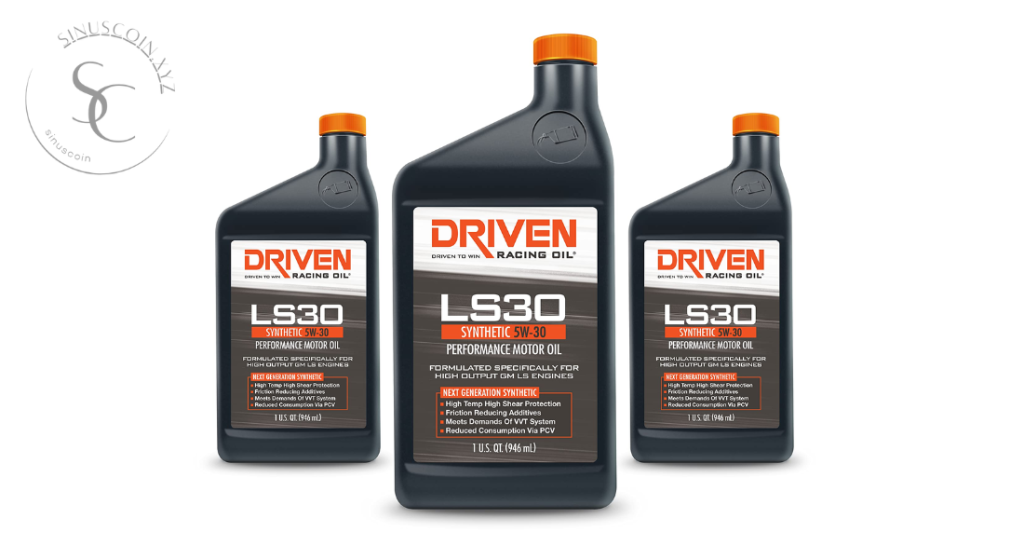Blog
Motor Oil for Racing Cars Fueling Performance and Engine Protection
When it comes to racing, using the right motor oil is crucial for maximizing engine performance and longevity. Motor oil for racing cars doesn’t just lubricate—it plays a vital role in protecting against extreme temperatures, reducing friction, and supporting high RPMs. Unlike standard oils, racing oils are engineered to withstand the intense conditions on the track, helping your car reach peak performance safely. In this guide, we’ll explore the unique features of racing motor oil, how it enhances performance, and tips for choosing the best oil for your racing engine.
The Importance of High-Quality Motor Oil for Racing Cars
Racing engines face far more stress than regular engines, so choosing top-quality motor oil is critical. Here’s why it matters:
1. High-Temperature Protection
Racing generates extreme heat, especially in high-performance engines running at full throttle. Motor oil designed for racing cars contains special additives that help it maintain stability, resist thinning, and protect engine components from heat-related wear.
2. Enhanced Lubrication
The intense speeds in racing require oil that reduces friction more effectively than regular motor oil. Racing oils are formulated to provide a protective barrier, ensuring that engine parts move smoothly under high pressure.
3. Improved Engine Cleanliness
Racing oils include detergents and dispersants that help remove contaminants, keeping the engine clean. This reduces sludge and deposits that can affect performance and cause wear over time.
4. Increased Viscosity Control
Viscosity determines how well the oil flows through the engine, especially at high temperatures. Motor oil for racing cars maintains its viscosity under extreme conditions, ensuring optimal lubrication and performance.
Key Features to Look for in Motor Oil for Racing Cars
To find the best racing motor oil, look for features that enhance performance, durability, and protection. Here are the top considerations:
1. High Viscosity Index
The viscosity index measures the oil’s ability to retain thickness under heat. A high viscosity index means the oil remains stable at high temperatures, crucial for racing engines that experience rapid temperature fluctuations.
2. Additives for Wear Protection
Additives like zinc (ZDDP) protect against metal-to-metal contact and wear, especially in high-stress environments. Zinc is an essential additive in racing oils for keeping engine components in good shape.
3. Thermal Stability
Racing oils with thermal stability can withstand intense heat without breaking down. This stability ensures that the oil remains effective in maintaining engine lubrication throughout the race.
4. Detergents and Dispersants
Detergents and dispersants prevent sludge and deposits, keeping the engine clean for smoother performance. These additives are especially important for racing cars, as high-speed engines generate more contaminants.
5. Compatibility with Engine Type
Different racing engines require different oil formulations. Check if the oil is compatible with your engine type, whether it’s turbocharged, supercharged, or naturally aspirated.

Types of Motor Oil for Racing Cars
Racing motor oils come in various formulations, each designed for specific conditions and performance needs. Here are the main types:
1. Synthetic Racing Oil
Synthetic oils are a popular choice for racing due to their superior stability and performance at high temperatures. Made from chemically modified compounds, synthetic oils provide excellent viscosity control, making them ideal for high-speed engines.
Ideal Use: Synthetic oils work well in high-performance racing cars, offering maximum protection and efficiency in extreme conditions.
2. Synthetic Blend Racing Oil
A synthetic blend combines synthetic and conventional oils, offering a balance of performance and cost-effectiveness. While not as high-performing as full synthetic oils, synthetic blends still provide good protection and stability for moderate racing conditions.
Ideal Use: Synthetic blends are suitable for drivers who want a balance between performance and affordability, typically used in club racing or track days.
3. Conventional Racing Oil
Conventional oils are mineral-based and less refined than synthetic oils. While they offer good lubrication, they lack the high-temperature stability of synthetic oils, making them less ideal for intense racing environments.
Ideal Use: Conventional oils are best for low-speed racing or engines with lower performance demands.
4. High Zinc Racing Oil
High zinc racing oils, often labeled as “high ZDDP,” are designed to provide extra wear protection for engines with flat tappet or roller cams. The zinc additive reduces metal-on-metal contact, essential for preserving engine parts in high-stress conditions.
Ideal Use: High zinc oils are ideal for older racing engines or engines with specific performance requirements, like classic or vintage race cars.
Tips for Choosing the Best Motor Oil for Racing Cars
Selecting the right motor oil ensures that your racing engine runs smoothly and efficiently. Here’s what to consider when making your choice:
- Match the Oil to Your Driving Conditions: For professional racing with intense demands, choose full synthetic oil with high heat tolerance. For lighter track days, a synthetic blend may be sufficient.
- Check Viscosity Ratings: Racing oils come in a range of viscosities, often marked as 5W-30, 10W-40, etc. Choose the rating recommended by your engine manufacturer to ensure compatibility and optimal performance.
- Choose Reputable Brands: Leading brands like Mobil 1, Royal Purple, and Red Line specialize in racing oils and offer high-quality formulations tailored for performance engines.
- Consider Oil Change Frequency: Racing oils often require more frequent changes than regular oils. Look for oils that provide good performance but align with your maintenance schedule and budget.
- Focus on Engine Compatibility: Ensure that the oil matches your engine’s specifications. Some racing oils are designed specifically for high-compression or turbocharged engines, so check compatibility before purchasing.
Top-Rated Motor Oils for Racing Cars
Here are some highly recommended motor oils for racing cars, known for their performance, protection, and reliability:
- Mobil 1 Racing 4T 10W-40: Known for excellent thermal stability and wear protection, ideal for high-performance engines under intense stress.
- Royal Purple XPR Racing Oil: This synthetic oil provides maximum wear protection and performs well in extreme heat, making it suitable for track racing.
- Red Line Synthetic Racing Oil 40WT: With its high zinc formula, this oil offers superior protection for racing engines, especially those with high compression.
- Valvoline VR1 Racing Oil: This high-zinc oil is known for its anti-wear properties, making it a great choice for vintage or classic race cars.
- Castrol EDGE 10W-60: Designed for high-performance engines, this synthetic oil delivers excellent heat resistance and viscosity control.
Why the Right Motor Oil Matters in Racing
Using the right motor oil keeps your racing engine running at peak performance, protecting it from the stress and demands of high-speed racing. With quality racing oil, you can achieve better lap times, reduce wear, and extend the life of your engine components. Choosing an oil specifically designed for racing ensures that your engine receives the lubrication, cooling, and protection it needs to perform at its best.
Final Thoughts: Boost Your Racing Game with the Right Motor Oil
Finding the best motor oil for racing cars means focusing on quality, compatibility, and performance. With a variety of options tailored to different engine types and racing conditions, choosing the right oil can make all the difference on race day. Equip your engine with the best protection, and enjoy the confidence of a smooth, powerful ride.

